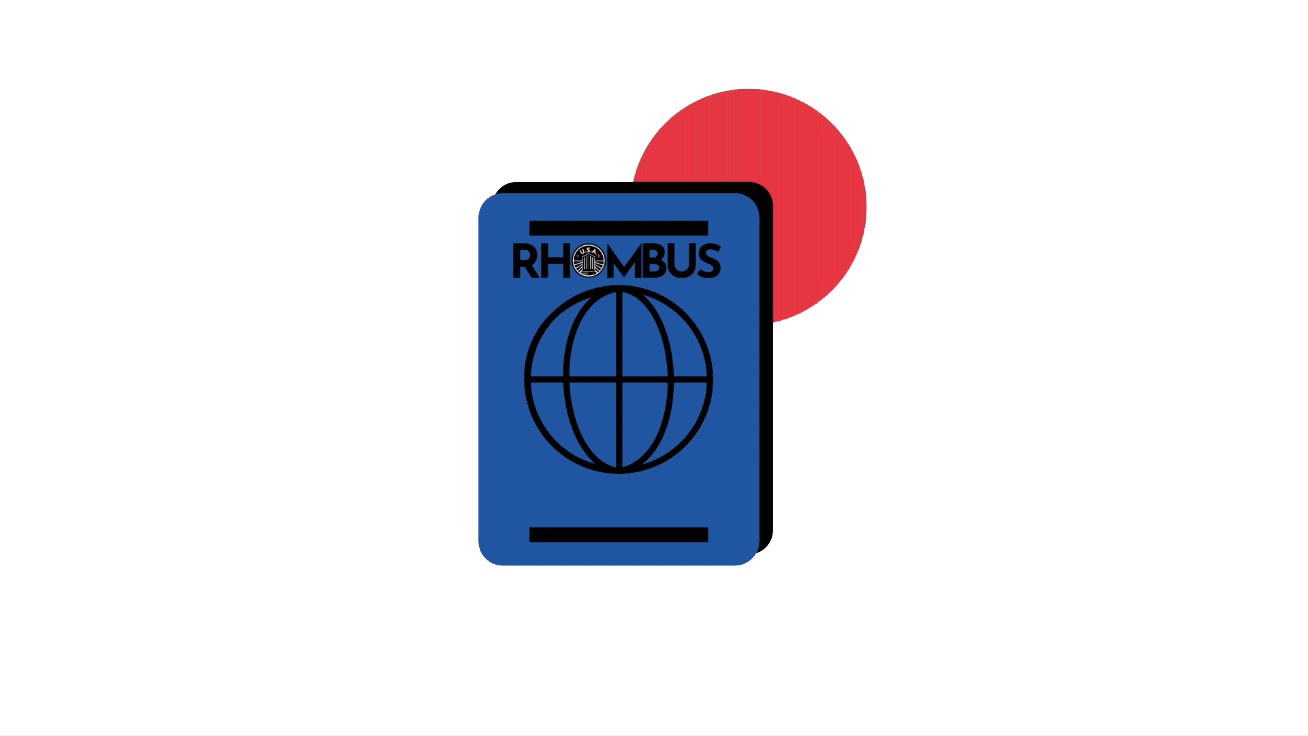Immigrant Visa
Violence Against Women Act (VAWA)
The family-based immigration process generally requires U.S. citizens and legal permanent residents to petition for their non-citizen family members. Some petitioners may misuse the immigration process to abuse their non-citizen relatives by threatening to withdraw or suspend the petition to control, coerce, or intimidate them.
With the approval of the Violence Against Women Act (VAWA) and its subsequent reauthorizations, Congress provided non-citizens who have been mistreated or abused by their U.S. citizen or legal permanent resident family members the ability to self-petition for immigrant classification without the abuser’s knowledge, consent, or involvement in the immigration process. This allows victims to seek safety and independence from their abusers.
Spouses and children of U.S. citizens and legal permanent residents, as well as parents of U.S. citizens who are 21 years of age or older, can file a self-petition for immigrant classification with USCIS. Generally, a non-citizen who files a self-petition is known as a VAWA self-petitioner. If USCIS approves the self-petition, VAWA self-petitioners can seek to obtain legal permanent residency and receive a permanent resident card (commonly known as a Green Card). This can be done through consular processing if the VAWA self-petitioner is outside the United States, or by applying for an adjustment of status if the self-petitioner is in the United States.







